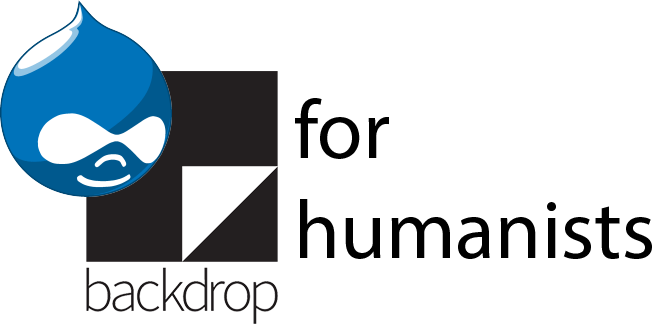Partial Date module
The Partial Date module has undergone significant improvements since Drupal for Humanists was written, and additional developments in the Drupal module ecosystem (e.g. the 7.x-3.x branch of Views TimelineJS) have made it even more useful.
Agile Humanities Agency has made extensive additions to the module, sponsored by the George Washington Papers and the Jan Brueghel Catalogue Raisonné. Their Github repo for Partial Date has the latest code. The master branch includes the ability to import data into a partial date field using the Feeds module (see chapter 14 for more on Feeds), even if that field is part of a field collection. These improvements have not been incorporated into the version of the Partial Date module hosted on drupal.org. Instead of installing the latest version from drupal.org, go to the Agile Humanities Agency Partial Date code repository on Github and download and install the module code available there. (Here's a guide to installing modules from Github.)
Partial Date still has a number of shortcomings; among them is its limited integration with Views. The contains branch of the Agile Humanities Github repo for Partial Date includes the ability to use a partial date field as an exposed filter.
The 7.x-3.x release of Views TimelineJS is a major overhaul of the module, including -- for the first time -- the ability to use partial date fields as a source of date information. Because this was previously impossible, the book uses the workaround of creating a “Year” field using just the standard Date module, which was compatible with Views TimelineJS.
If your project needs to extend or use the Partial Date module in other ways, you may want to contact Agile Humanities Agency about funding a continuation of their work with the module.
